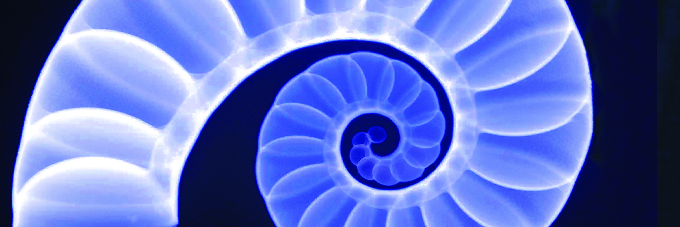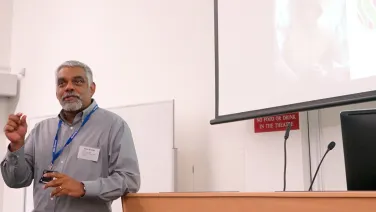
Bioinformatics and bio-mathematical modelling
Explore mathematical approaches to plant biology, from genetic information to cellular processes, plant-environment interactions, and climate change models to understand how plants function.
About
Using mathematical approaches to biological problems underpins many research approaches to understand how plants operate. This approach applies to many aspects of plant biology, ranging from understanding genetic information content, function of molecular & cellular processes, plant-environment interactions and global climate change models.























